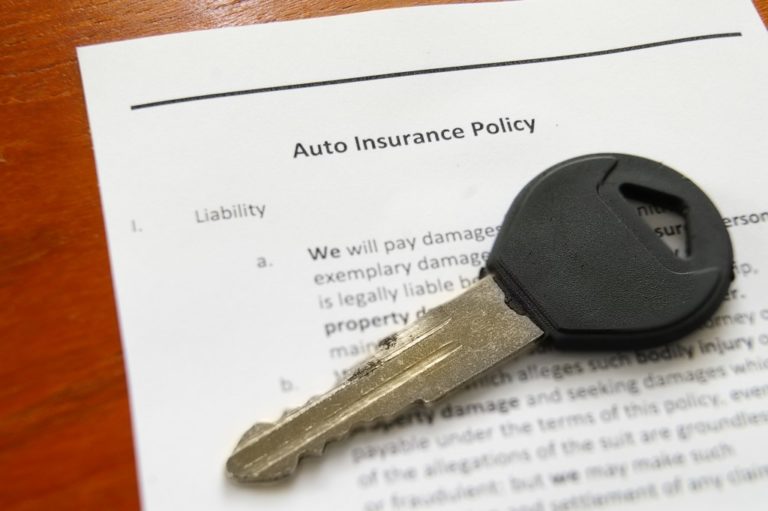Car insurance is mandatory in 49 out of 50 states in the United States, and although this legal requirement is quite expensive, it’s necessary for your own financial protection.
Moreover, road accidents happen naturally. Yes, it pays to be careful when driving, but there’s no way to completely eliminate the risk of being involved in an accident. In fact, the Illinois Department of Transportation has published a statistical finding stating that of all crashes that transpired in 2014, 296,049 involved automobiles.
This being said, if you have just bought a new car and are looking for insurance, it’s important to understand the types of coverage available on an auto insurance policy. Here are the common types of coverage you need to know:
Liability Coverage
This coverage is usually legally required in the majority of American states. It’s necessary to buy no less than the minimum amount of auto liability coverage indicated in state law. In addition, two components make up this coverage: property damage liability and bodily injury liability. Property damage pertains to financial aid that covers damage to another party’s property, in which you are deemed liable. On the other hand, bodily injury, as the term implies, pays for the expenses that result from a person’s physical injuries.
Personal Injury Protection
While the previous coverage deals with expenses resulting from the damages sustained by other people, personal injury protection focuses on covering your own medical costs. It may even extend to delivering childcare expenses or off-setting income loss. The limits and details of policies vary, but the maximum coverage can reimburse up to 80% of the total expenses that stem from an accident.
Uninsured and Underinsured Motorist Insurance
Uninsured motorist insurance serves as a protection in case you get involved in an accident caused by an uninsured driver or in hit-and-run cases. Oftentimes, this is paired with the underinsured motorist insurance, which we will tackle next.
As many car owners only purchase the minimum amount of liability coverage, there are instances when they cannot fully cover the costs. Accordingly, underinsured motorist insurance comes in handy when you’re involved in an accident with a driver whose insurance policy is inadequate.
Comprehensive Coverage
This coverage is not limited to collisions and road accidents, but extends to damage caused by occurrences like weather events, vandalism, fire incident, and theft. What’s great about comprehensive coverage is it pays for the repair or replacement of your car up to its actual market value.
Towing and Labor
Towing and labor coverage is already included in your policy if you have comprehensive car insurance in Chicago or wherever you live. However, as the two are both optional, you can purchase this one separately. This coverage provides reimbursement for repair payments, specifically tow service charge and fees for the labor rendered.
Collision Coverage
If you collide with another automobile or hit an object, the collision coverage helps with the repair or replacement of your vehicle. This coverage is optional, but your car’s leaseholder or lender may require you to have it.
Medical Payments Coverage

Medical payments coverage can supplement your health insurance, especially since there are healthcare costs that aren’t covered by the latter. Accordingly, this helps reimburse covered medical expenses such as surgery, lab work, dental work, X-rays and even hospital appointments.
Every type of car insurance coverage is essentially meant to support you financially. However, not all of them are applicable to the same situations. In addition, depending on your state of residence, particular coverage may be required while others are optional. Therefore, it’s important to understand the legal requirements of your state, as well as your specific needs, in order to be guided when shopping around for a policy.




